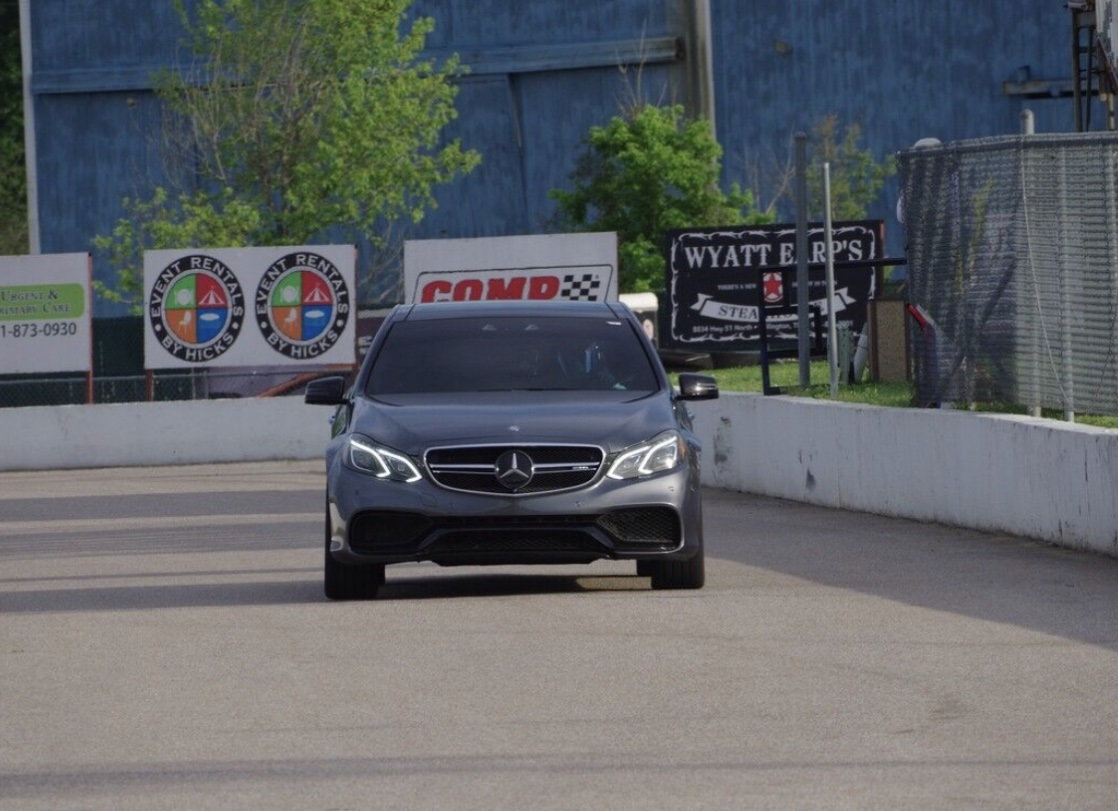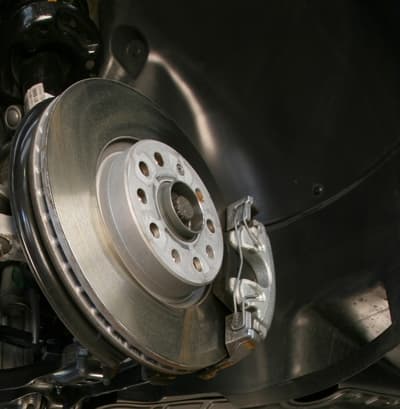

Here are some answers to FAQs on the brake system and brake fluid exchange: 1.
BRAKE FLUID CHANGE COST MERCEDES MANUAL
If you can’t find the brake fluid reservoir, check your owner’s manual for help and other related data. To check the brake fluid level, take a look at the brake fluid reservoir located in your engine bay. You probably need an immediate brake fluid flush if you detect a brake fluid leak.Ī brake fluid leak hampers the braking efficiency since the force transmitted through the brake line is reduced. In such a case, you need a brake flush because driving with burnt brake fluid can lead to other major brake issues, including total brake failure. Common strange sounds include scraping or grinding noises.īurning smells after braking can also indicate that you’ve burnt out the brake fluid. If you hear strange sounds when braking, it could be due to low brake fluid or a different brake system issue.

This system prevents your wheels from locking up to avert skids and maintains traction during braking.Īnd if your car has low brake fluid (which may translate to poor braking performance), it’ll automatically turn on the ABS system to allow safe braking. The ABS dashboard light indicates a problem with your anti-lock braking system. If so, it’s time for a brake fluid flush service. Inspect the brake fluid to see if it’s brown, black, or sludgy. Only they can tell if you need a brake job or another repair service to rectify your car’s brake performance. So it’s best to get your brake system components inspected by a certified technician. Bad braking efficiency can also happen due to an underlying problem, like damaged tire tread, shocks, or struts. However, it can also mean something else if the brake system is struggling, such as brake caliper, brake pad, or brake rotor issues. Poor brake performance can signify contaminated or bad brake fluid, which requires a brake flush. This indicates you need a brake fluid change. You may also notice that you need to push the brake pedal entirely to the bottom before it slows and stops your car. Over time, moisture will accumulate in the brake fluid (a hydraulic fluid), resulting in a spongy or soft feel when you press the brake pedal. However, you’ll also need a brake system flush when certain symptoms show up, like: 1. This’ll prevent a deeper, more expensive brake system repair - like total brake failure. luckily.For car maintenance, it’s recommended you get a brake fluid flush every two years or 30,000 miles, depending on your driving and braking patterns. which is pointless as brake fluid hardly circulates (hence why you can get dirty fluid at the callipers while the fluid in the reservoir appears clean). I heard horror-stories of garages that did not have the suction tool and could not be bothered with the lengthy two-man method, so simply replaced the fluid in the reservoir. replace the fluid through-out all four callipers until clean fluid comes out and bleed the system properly. So no need to do this at an MB dealer really, the only thing that remains is finding a garage that you trust to do the job properly, i.e. Most of the cost is for labour and for use of the air suction machine which the garages have for this purpose. Ultimately the brake fluid itself is around a tenner, or even less if go for ATE fluid as opposed to MB-branded one (ATE is 100% fine - they make most of the brake parts anyway. So yes, MB dealers do seem to overcharge for this, but prices do vary drastically between garages in general. On the other hand, the Toyota main dealer wanted £95 for this. I paid around £30 to a Vauxhall main dealer for this very job some years ago, and saw it quoted at a national tyre chain (ATS) as £35.

not drilled etc), thus could not have cost very much as such. Mind you mine is a lowly c180K Classic so the discs are the most basic ones (i.e. So it would seem reasonable that the brake fluid change was around the £175-£200 mark out of the total sum. I recently paid £500 for Mb dealer to replace two front discs and pads and replace the brake fluid at the same time.


 0 kommentar(er)
0 kommentar(er)
